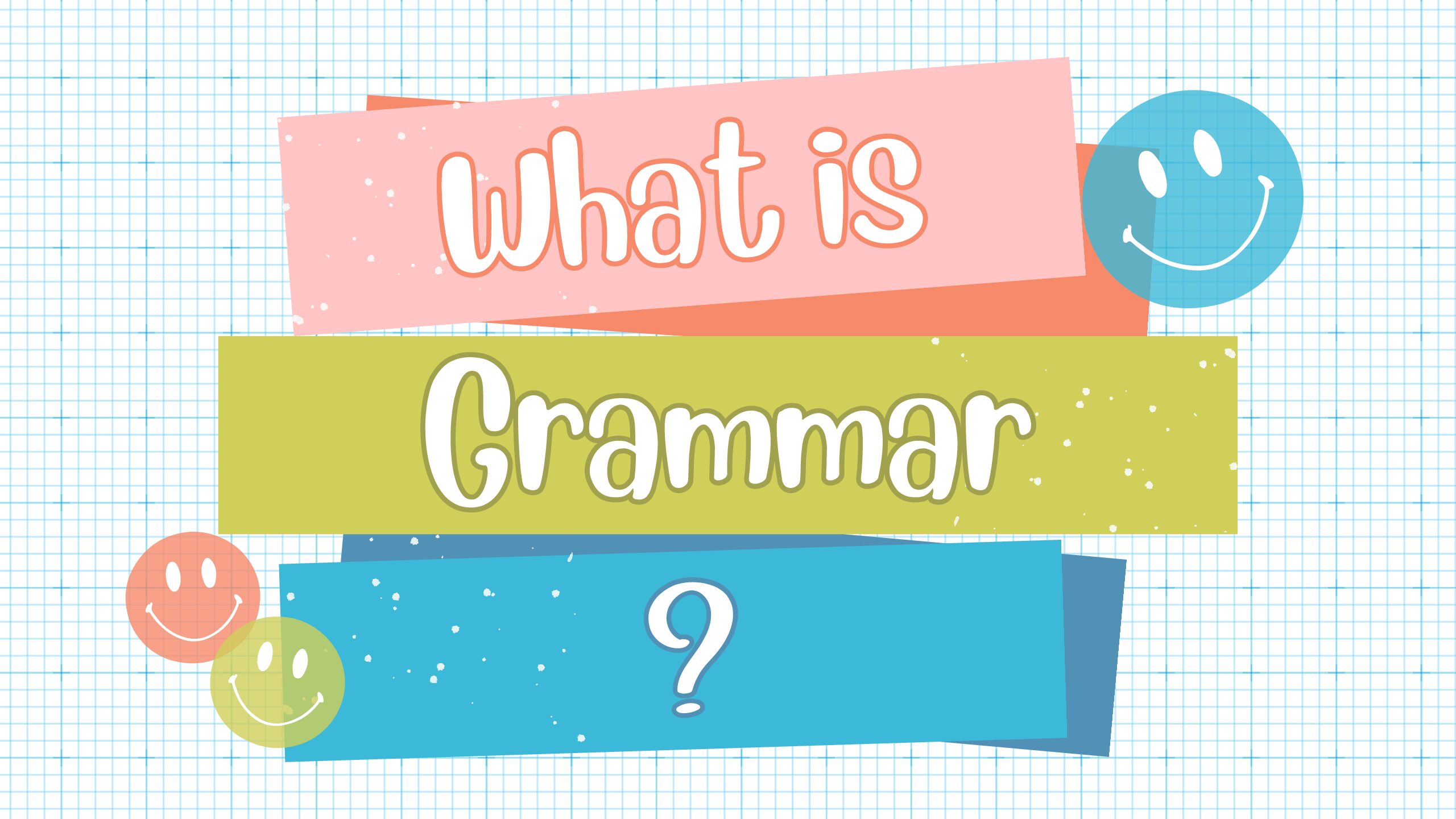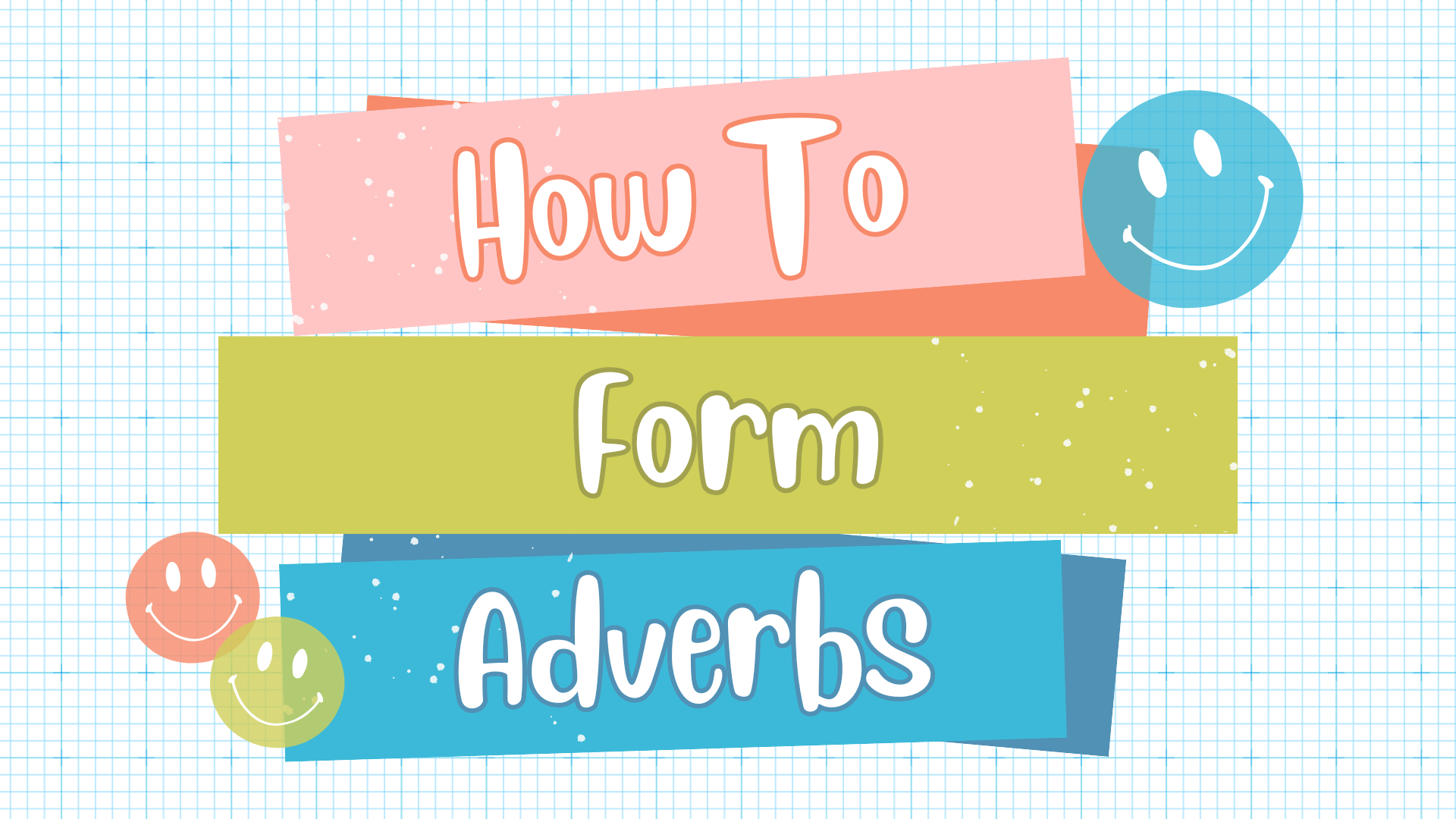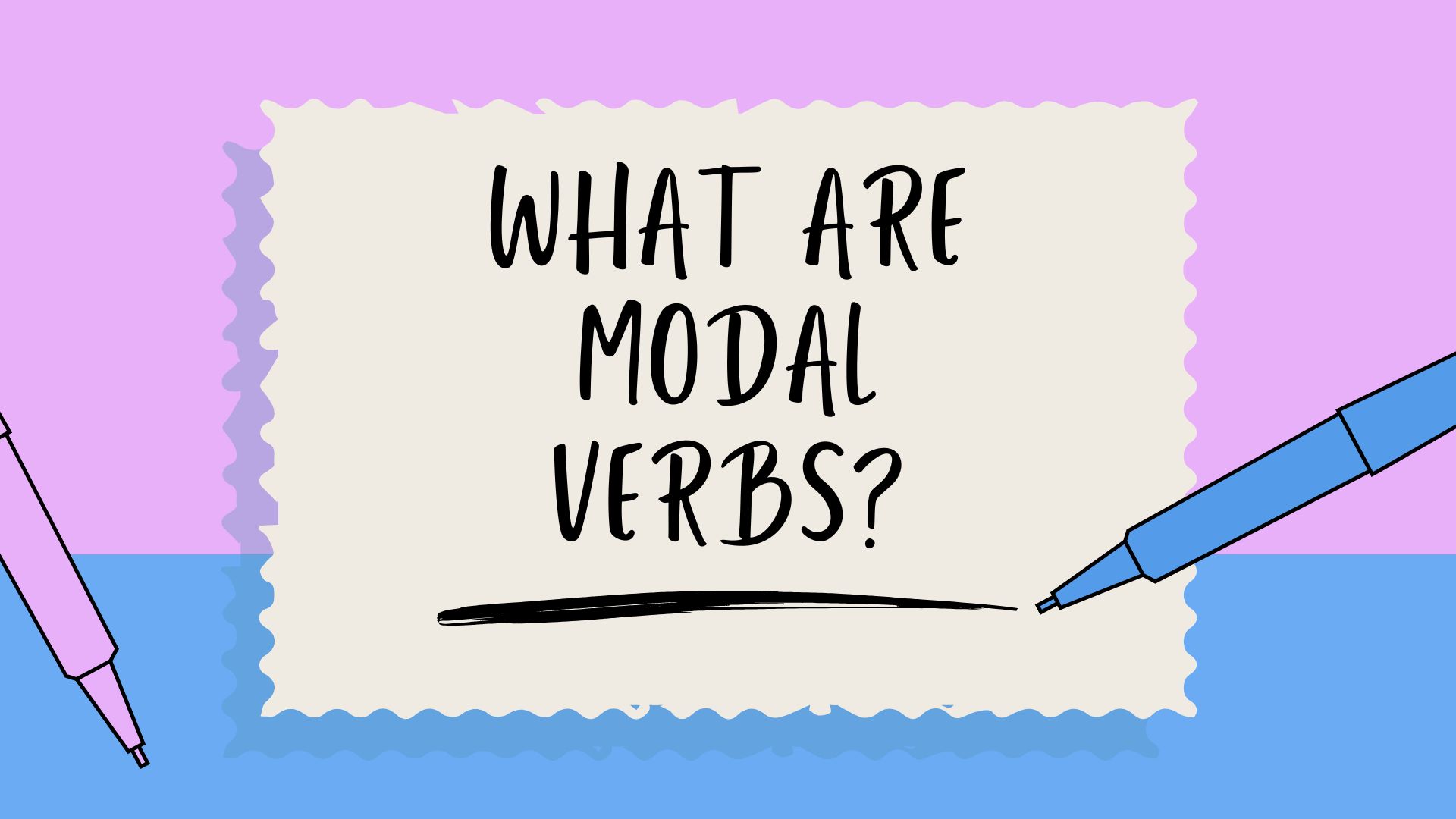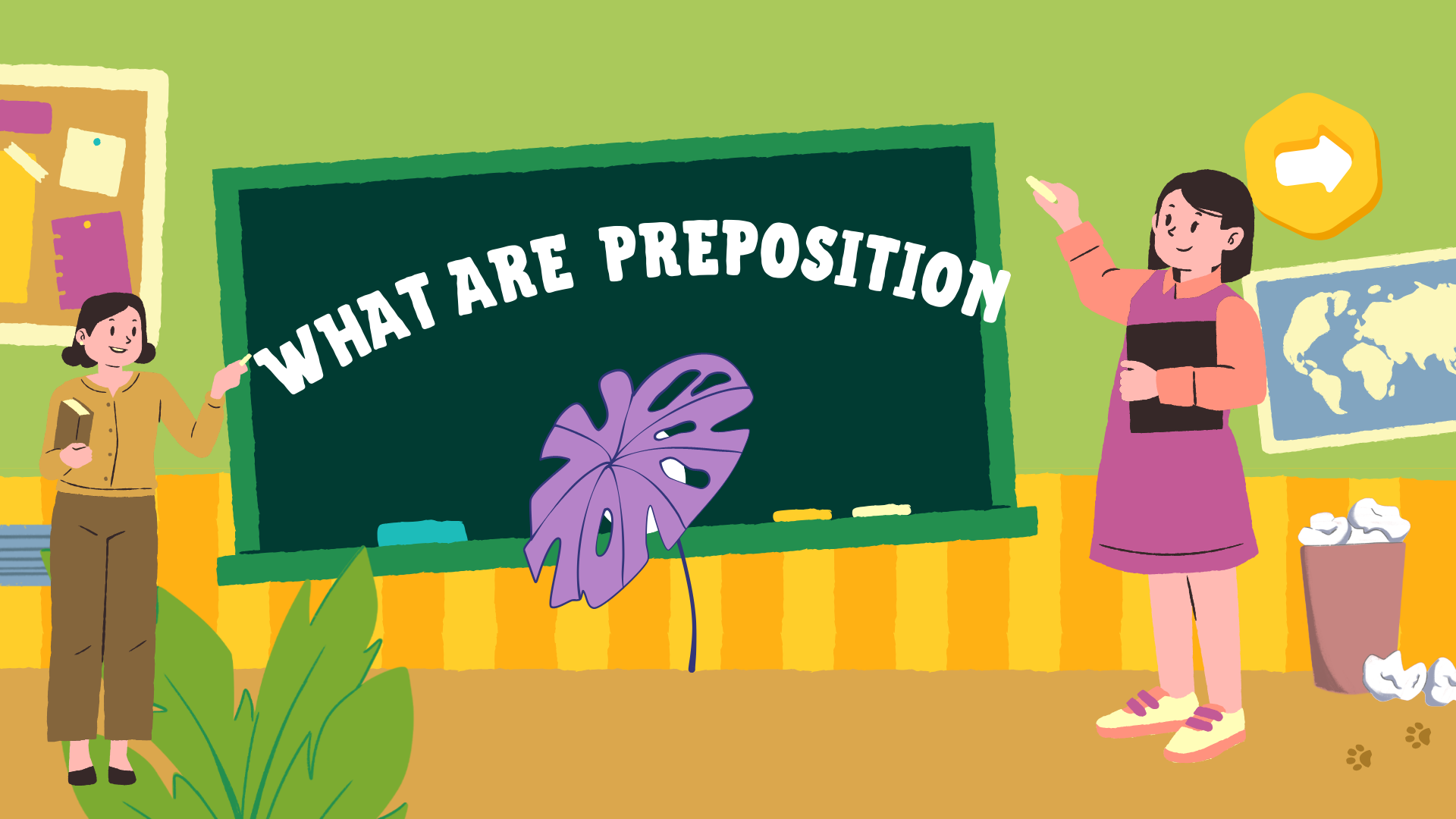Introduction
Grammar is the set of rules that helps us use a language correctly. It tells us how to form sentences, use words, and create meaning. Understanding grammar helps us communicate clearly.
Origin of the Word Grammar
The word grammar comes from the Greek word grammatike, which means the art of letters. This term was used to describe the study of reading and writing. Over time, it evolved in Latin to grammatica, which referred to the rules of language. Eventually, the word made its way into Old French as gramaire before entering English. Today, grammar refers to the rules that govern how we use language.
Parts of Speech
Words are divided into different categories called parts of speech. The main parts include:
Nouns (people, places, things)
Pronouns (replace nouns to avoid repetition)
Verbs (actions)
Adjectives (describing words)
Adverbs (words that describe verbs)
Prepositions (show the relationship between a non or pronoun)
Conjunctions (connect words, phrases, or clauses)
Interjections (express strong emotions or sudden feelings)
Knowing these helps us build sentences.
Sentence Structure
A sentence needs a subject (who or what the sentence is about) and a verb (what the subject does). For example, in The dog runs, the dog is the subject, and runs is the verb.
Punctuation
Punctuation marks, like periods, commas, and question marks, help us understand sentences better. They show pauses, separate ideas, and indicate questions or statements.
Tenses
Tenses tell us when something happens. The main tenses are
Past (did)
Present (do)
Future (will do)
Using the correct tense is important for clarity.
Agreement
Subjects and verbs must agree in number. For example, She runs is correct, while She run is not. This rule helps sentences make sense.
By following these basic grammar rules, we can write and speak more effectively.
Sure! Here’s a simplified version of the content about common grammar mistakes to avoid:
Common Grammar Mistakes to Avoid
1.Subject-Verb Agreement: Make sure the subject and verb match in number. For example, say She runs instead of She run.
2. Run-On Sentences: Avoid long sentences that combine too many ideas. Use periods or commas with conjunctions to separate thoughts.
3. Misplaced Modifiers: Place descriptive words close to the nouns they describe. For example, say The dog barked loudly instead of Loudly, the dog barked.
4.Incorrect Pronouns: Use the right pronouns. For instance, say He gave it to me instead of He gave it to I.
5.Confusing Homophones: Be careful with words that sound alike but have different meanings, like their, there, and they’re.
6.Overusing Commas: Don’t use too many commas. Only use them where necessary to clarify your meaning.
7.Incomplete Sentences: Make sure every sentence has a subject and a verb. Avoid fragments that don’t express a complete thought.
8.Wrong Tense: Keep verb tenses consistent. If you start in the past tense, stay in the past tense throughout the sentence.
By avoiding these mistakes, you can improve your writing and make it clearer.
Tips for Improving Your Grammar Skills
Read Regularly: Read books, articles, and blogs to see correct grammar in action. This helps you understand how sentences are structured.
Practice Writing: Write daily. Keep a journal or start a blog. The more you write, the better your grammar will become.
Learn the Rules: Study basic grammar rules. Use online resources or grammar books to understand subjects like punctuation and sentence structure.
Use Grammar Tools: Take advantage of grammar-checking tools. They can help you spot mistakes and learn from them.
Ask for Feedback: Share your writing with friends or teachers. They can provide helpful feedback on your grammar.
Take a Class: Consider enrolling in a grammar class. A structured environment can help you learn more effectively.
Be Patient: Improving grammar takes time. Keep practicing and don’t get discouraged by mistakes.
Conclusion
Understanding the basic rules of grammar is essential for effective communication and clear expression. By mastering sentence structure, punctuation, and word usage, individuals can convey their thoughts and ideas more precisely. Grammar serves as the foundation for writing and speaking in a way that is both engaging and professional. Whether you’re a student, a professional, or someone looking to improve your language skills, investing time in learning grammar will pay off significantly.
FAQ,S
What is grammar?
Grammar is the set of rules that govern the structure of sentences in a language, including syntax, punctuation, and word forms.
What are the basic rules of grammar?
The subject and verb in a sentence must agree in number. So if your subject is singular then your verb also needs to be singular. For example, “She sings beautifully” is correct, while “She sing beautifully” is incorrect. And if your subject is plural then your verb must also be plural.
What are the basic components of grammar?
The basic components include parts of speech (nouns, verbs, adjectives), sentence structure, punctuation, and tense usage.
How can I improve my grammar skills?
You can improve your grammar by reading regularly, practicing writing, using grammar check tools, and studying fundamental grammar rules.




